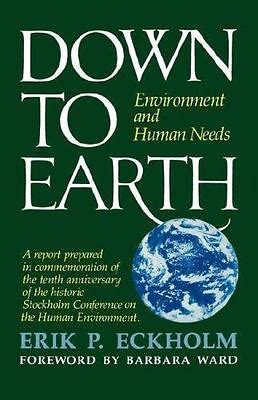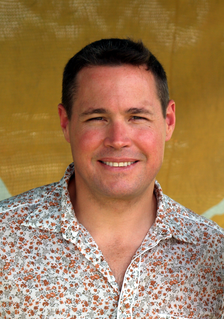A Quote by Ernst Mayr
Most of them are doomed to rapid extinction, but a few may make evolutionary inventions, such as physiological, ecological, or behavioral innovations that give these species improved competitive potential.
Related Quotes
The earth has continued to change, from rapid climatic changes that have caused the glaciers and the ice sheets to basically bulldoze the landscape and cause species compression in the tropics and cause mass species extinction - you know, all these huge changes. In terms of evolution, every species is doomed to eventual extinction. The natural world is constantly changing. So, to deal with "environmental problems," in quotes, totally misses the issue. That is not the way we want to define our problem if we're going to find our solution.
One animal or plant species may become extinct every hour. All species are doomed to extinction, but man through worldwide development/killing animals for food/profit/using toxic chemicals such as pesticides/industrial wastes, will accelerate the extinction of plants/animals and the result will be a more hostile environment for man.
There is behavioral ecology, which looks closely at the difference different ecologies make to behavior and other features of animals and humans. There's evolutionary individual psychology, there's evolutionary social psychology. In Darwin's terms, evolution couldn't exist without variation, and variation is important in behavioral genetics. And so on, and so on. There are so many instances in which evolution actually sharpens the precision, I think, with which one can find out the importance of differences. We're interested in differences as well as commonalities.
Many scientists would argue that we are now in what is called Extinction, and it's caused by this perfect extinction storm: climate change, habitat loss, pollution, unsustainable exploitation of species and habitat resources, and of course, human population explosion. All of these factors work together and conspire to drive a species to extinction on our planet, every half an hour.
The reason why it is so difficult for existing firms to capitalize on disruptive innovations is that their processes and their business model that make them good at the existing business actually make them bad at competing for the disruption. Companies in fact are specifically organized to under-invest in disruptive innovations! This is one reason why we often suggest that companies set up separate teams or groups to commercialize disruptive innovations. When disruptive innovations have to fight with other innovations for resources, they tend to lose out.
I am a member of a fragile species, still new to the earth, the youngest creatures of any scale, here only a few moments as evolutionary time is measured, a juvenile species, a child of a species. We are only tentatively set in place, error prone, at risk of fumbling, in real danger at the moment of leaving behind only a thin layer of of our fossils, radioactive at that.


































